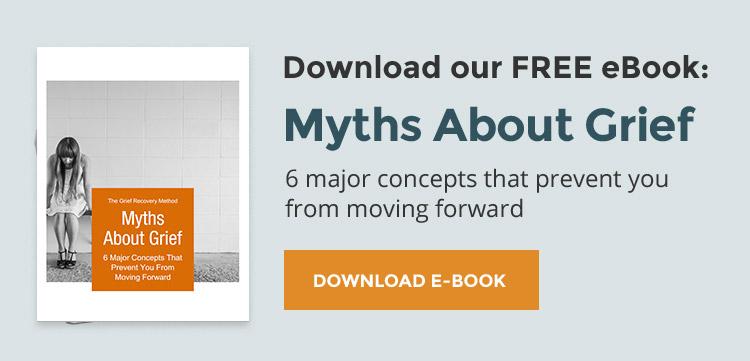"Honey, I'm sorry to tell you this, but your father passed away last night. I don't want you to feel bad. This weekend, we'll get you a new dad."
Absurd. Yet, how often after a beloved pet dies, do well-intentioned loved ones utter some similar words of comfort and head for the pet store? Many people, especially non-pet owners, underestimate the bond between most people and their animal companions. All kinds of people have powerful relationships with furry, feathered, or scaled companions. Some of these folks have spouses and children and all manner of people in their lives, and still have a unique, one-of-a-kind connection with their pets. Others, through circumstance or choice, are alone, even isolated, but have powerful friendships with animals.
As with our human family and companions, each and every relationship with a pet is different and unique. When a person we love dies, we react emotionally based on the individual and special elements of that relationship. The same is very much true when one of our animal companions dies. Few formal studies exist on the grief caused by the passing of a dear animal friend. But we know from decades of experience working with grievers, that such losses create real emotional scars and the same loss of peace, security, productivity, and joie de vivre that typically comes when we lose human companions. There is an additional price to pay for misunderstanding the pain that accompanies pet loss.
When children hear, "Don't feel bad, on Saturday we'll get you a new dog," it creates the unfortunate foundation for a lifetime of misinformation about dealing with personal loss of all kinds. In our formative years, we heard "don't feel bad" or variations on that theme thousands of times, when it would be not only normal and natural but also logical to feel sad, hurt, and other emotions.
Pet loss grief
"Saturday we'll get you a new dog," sets a child up to believe that it is a good idea to replace the loss of the pet, by getting another pet, without any suggestion, guidance, or help in dealing with the emotions caused by the death of the pet. Later when our first teenage romance ends, we are told, "Don't feel bad, there are plenty of fish in the sea." The message is the same as when the pet dies - don't feel the way you feel, even though it is normal and healthy to feel sad in the face of an emotionally painful event. And the advice says, go right out and get another boyfriend or girlfriend. When your mother or father dies, you get the first half, "Don't feel bad," usually followed by "He/she is in a better place". Instead of replace the loss we are given the idea that we shouldn't feel bad because our loved one is okay in the better place. So we just replace one feeling with another. Not a good plan and it doesn't work. Incorrect ideas about dealing with the emotions caused by the losses in our childhood become the default settings that are applied to the losses that occur throughout our lives. Children and adults can learn so much from our friends in the animal kingdom, among the most important lessons, is how to properly grieve for them when they are gone.

For more information, you can download our free ebook, Guide to Pet Loss, below. We also suggest you might want to read these articles from our searchable Grief Blog:
Pet Loss: The Often Discounted Grief

























Add new comment